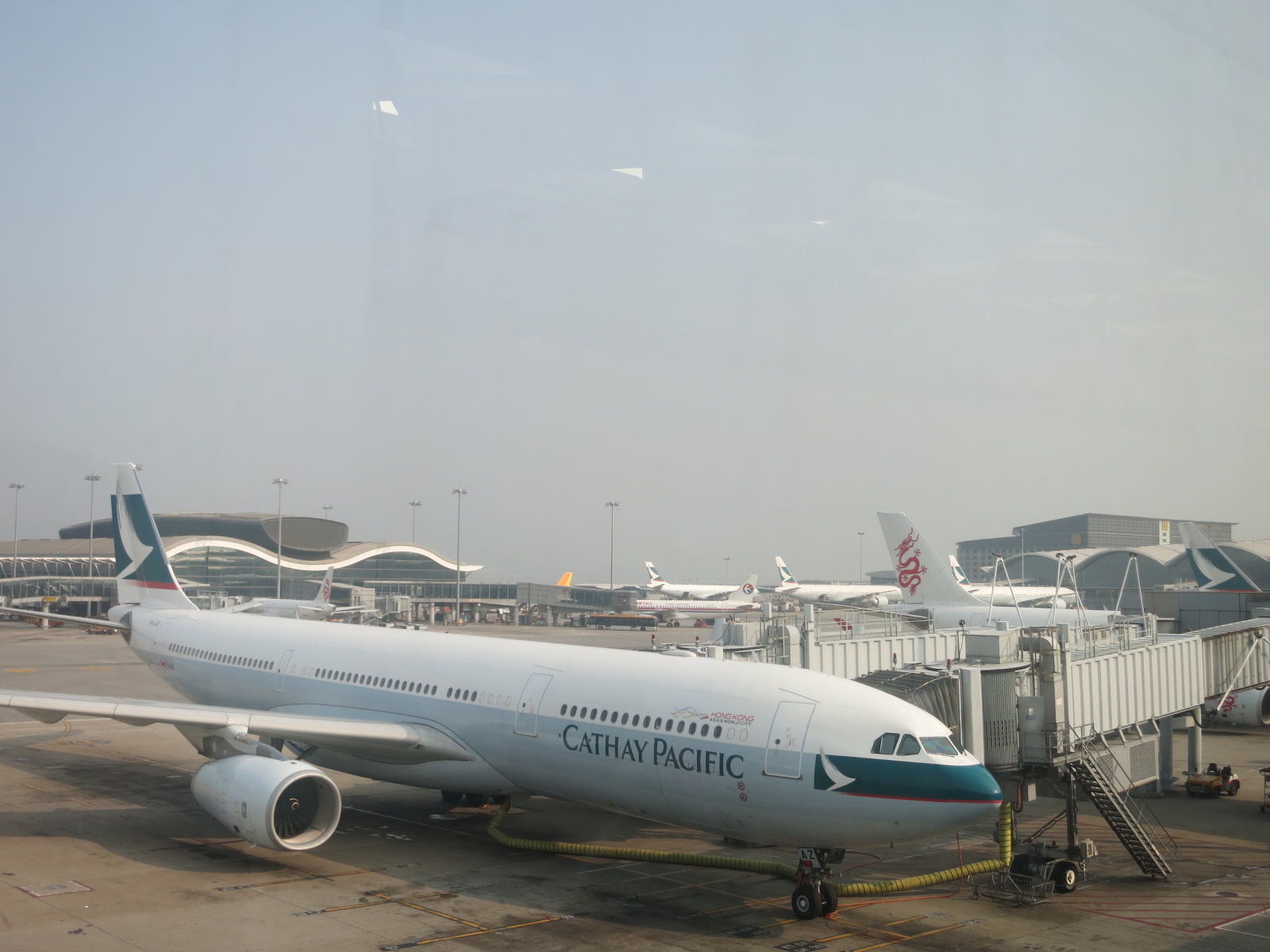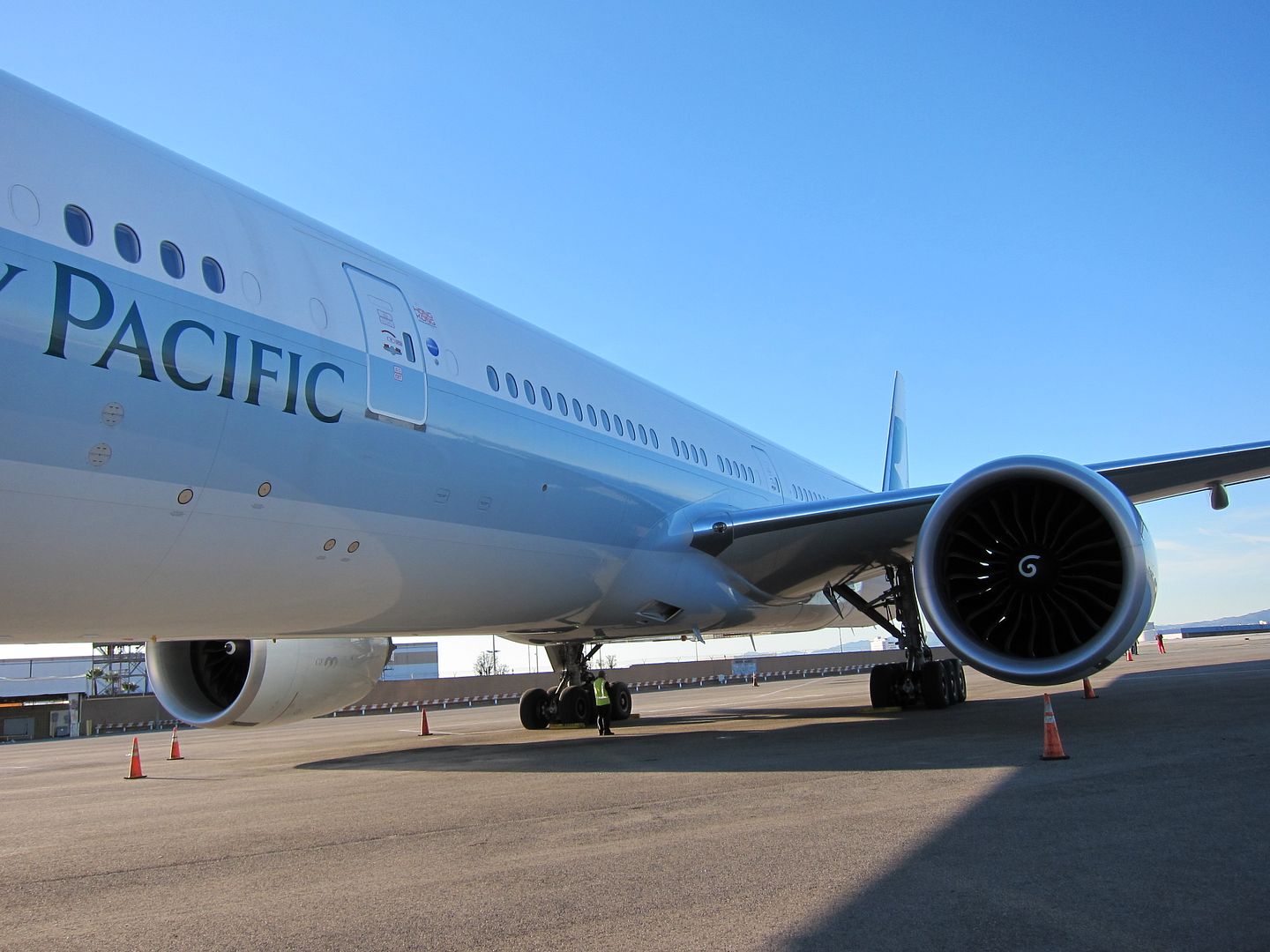Two years ago Cathay Pacific announced revenue-based changes to its elite program.
Premium fares counted more towards status while mid-priced coach fare flyers losing out. Higher elite tiers became mostly out of reach for those who didn’t buy the most expensive tickets.
What’s more — continuing the theme where US frequent flyer programs devalue benefits at the same time they introduce revenue-based requirements for benefits — top elites lost the ability to access Cathay Pacific lounges any time (‘open doors’) while flying airlines outside the oneworld alliance.

It turns out these changes hurt the airline’s bottom line.
[T]he airline lost 10.7% of elites as a result of the changes and this is driving an estimated HKG$62 million a year loss. That’s ‘only’ about $8 million each year, but for changes that were supposed to drive increasing profits that’s significant.
Marco Polo Club members were vocal about the changes, with a measurable “11.9% decrease in positive sentiment by Gold and Diamond members of the loyalty program after the announcement.”
The airline’s yield “was down 9.2% and overall load factors down by 1.2%” after making the change to their program, though of course program changes alone weren’t the drivers. However this ‘focus on high yield passengers’ didn’t lead to higher yields. It just chased away customers buying mid-range fares.
Sometimes airlines roll back unpopular changes to their frequent flyer programs.
And indeed Cathay Pacific just announced they’re partially undoing some of their changes.
We continue to improve our offerings to ensure that the club evolves to meet members’ travel needs. In response to recent feedback, we are announcing greater rewards with the following adjustments to our programme.

Effective with travel December 8 onward Cathay Pacific’s Marco Polo Club will award more elite status credit for short haul flights in all classes of service, and will award more elite status credit for the cheapest tickets. And they’re doing this without making any offsetting negative changes.


I suspect United lost about 15% of its elites during the period when it moved to spend based earn and stopped upgrading elites for free over cheap cash upgrades. (2012-2013) But then they where actually pretty happy about this calling them over-entitled etc and have never admitted it wasn’t a good move.
To be clear – that ‘lost X% of elites’ data is not from Cathay itself. It’s from a third party that uses social media, and while it may be close and illustrative, is not a set of figures from Cathay’s own books.
They’re trying anything at this point – the real issue is lower cost competition.
What I don’t understand about the United elite thing is why they effectively don’t count partner revenue. Between that annoyance and no credit card waiver for 1K, I don’t even bother. Instead, I hope that I can find cheap transcon “A” fares to credit to LH for SEN status. SEN status gets me free United lounge access and companion awards through Miles & More.
Good maybe the U.S. airlines will listen to this.